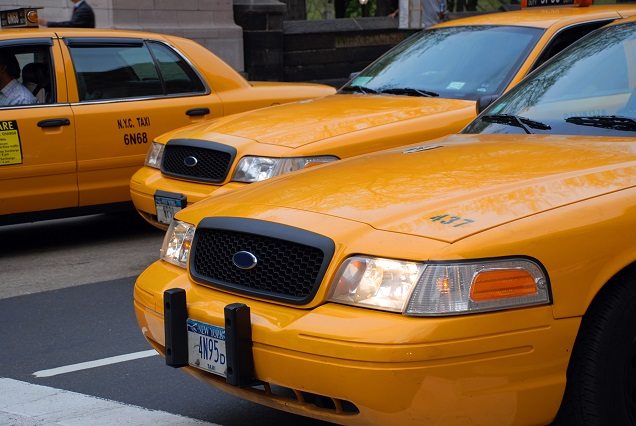News flash: Some Uber, Lyft, or other ridesharing experiences are less than perfect. Some drivers are better than others, and some criminal behavior also occurs. And, if you believe Who’s Driving You?–a public relations and lobbying campaign backed by the taxicab industry–these facts are somehow unique to ridesharing services, and support the idea of banning them so we can all happily and safely use the politically-sanctioned, legally-regulated, and officially-licensed taxicab services.
Truth be told, [inlinetweet prefix=”” tweeter=”” suffix=””]the story Who’s Driving You? is trying to pitch is crap.[/inlinetweet] The incidents they point out are true, as far as I know, but those same incidents and worse happen with “official” taxicab rides every day.
I wrote about the ongoing campaign to discredit ridesharing services like Uber and Lyft:
There is a battle going on across the country and around the world between emerging innovation and entrenched business models when it comes to getting from Point A to Point B. Ridesharing services like Uber and Lyft have sprung up as an alternative to traditional taxicabs, and it has developed into a serious conflict in many cities. The taxi cab industry is lobbying aggressively to squash these new rivals rather than trying to compete.
I have received numerous emails from a public relations firm representing an initiative called “Who’s Driving You?”, which is backed by the Taxicab, Limousine & Paratransit Association, along with “concerned members” of the transportation industry. The group is ostensibly concerned with protecting the safety of passengers, other drivers, and pedestrians, but it really feels more like an attempt to justify and defend a business model that really just seems like shady politics, with a hint of extortion.
Yesterday I received a press release from Who’s Driving You?. The group wanted to bring to my attention a recent investigative sting operation that found an Uber driver negotiating trips for cash outside of the official app or service, and they want to make sure people realize that when that happens the trip is no longer covered by insurance.
Click here to read the complete story on Forbes: Cab Companies Shouldn’t Throw Stones At Uber Or Lyft.
What do you think? Have you ever used a ridesharing service like Uber or Lyft? Do you have any taxicab horror stories? [inlinetweet prefix=”” tweeter=”” suffix=””]Share your Uber, Lyft, and taxicab experiences–good and bad–in the comments. [/inlinetweet]
- Ransomware-Proof Your Data Backups with Immutability - April 10, 2024
- Unearthing Identity Threat Exposures - April 1, 2024
- Future of Tech and Cybersecurity Looks Bright Thanks to AI - March 26, 2024




Comments are closed.